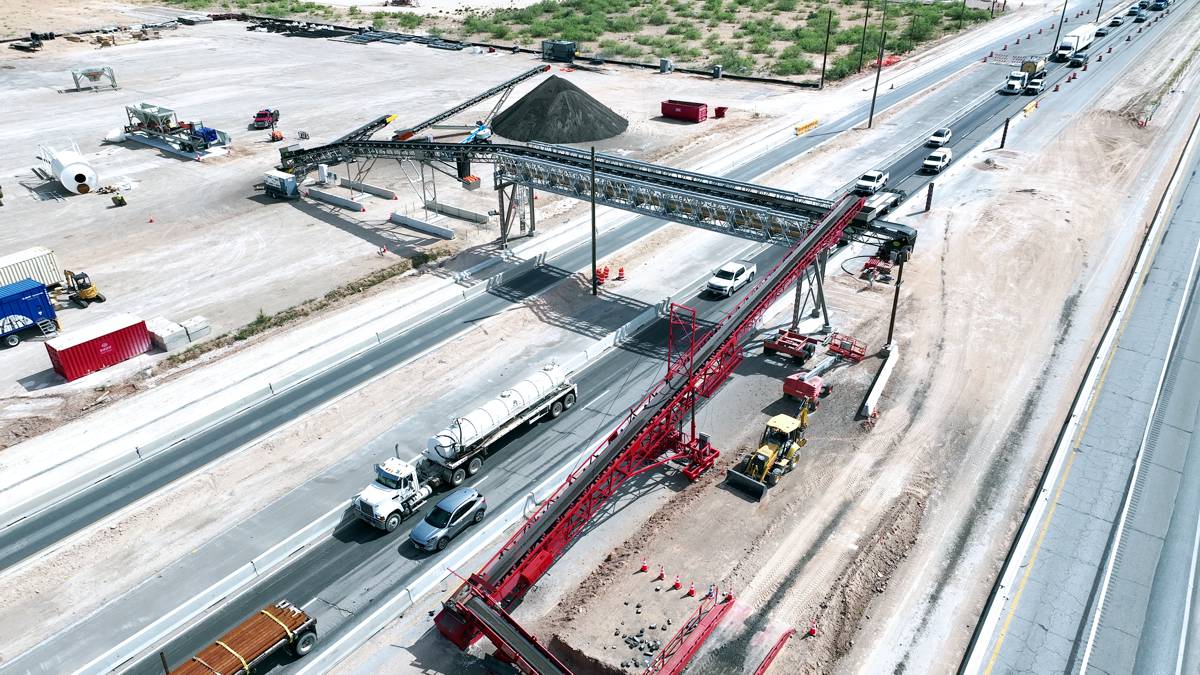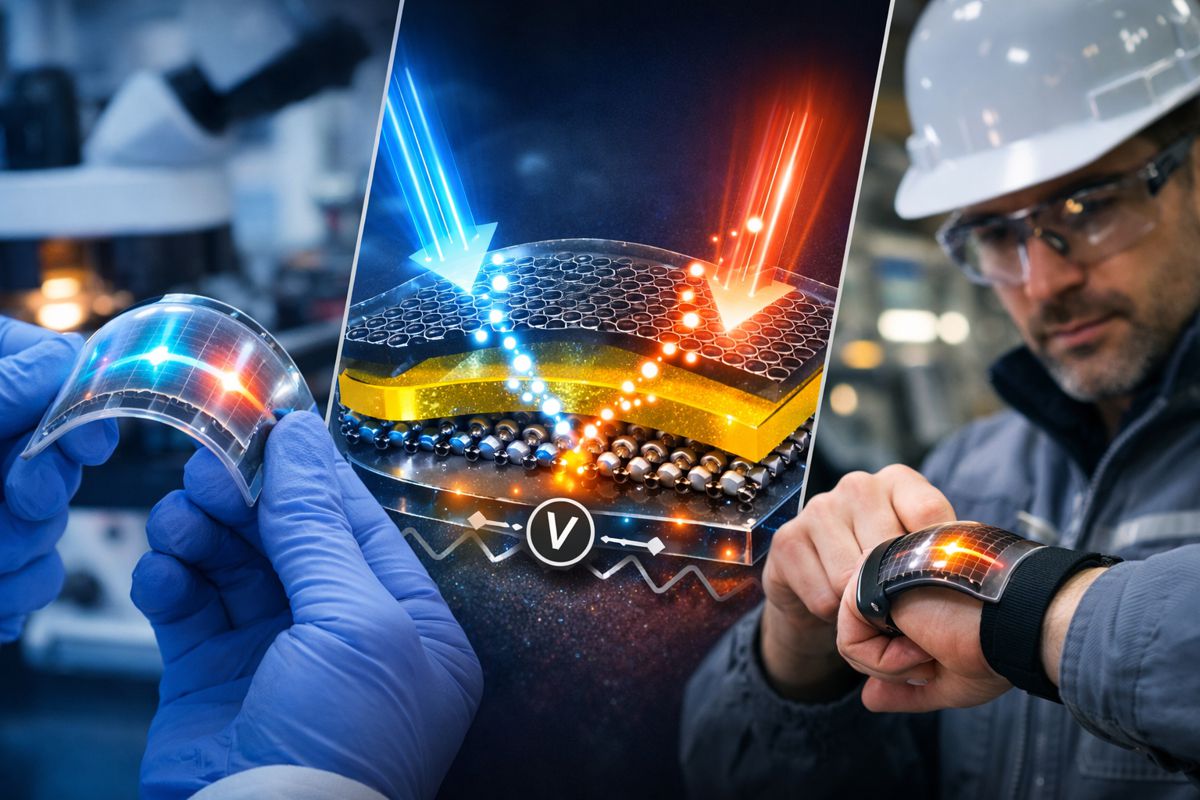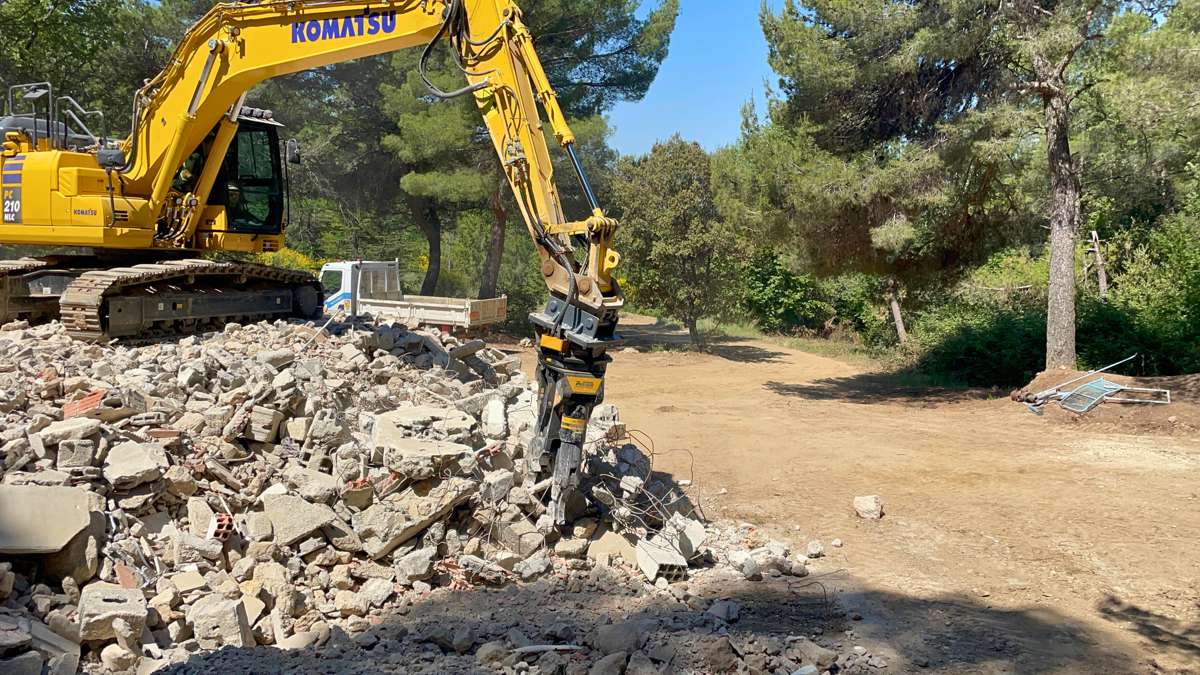Emerging methods for Recycling Plastics
While less than 10 percent of plastics are recycled globally, new technologies for chemical recycling are emerging that may rapidly advance progress in the area.
For decades, plastics have been incinerated, landfilled or disposed of where they can leach into the environment. Plastics currently comprise 12 percent of all municipal solid waste generated globally. In the US, only 9 percent of plastics are recovered through recycling, 16 percent are incinerated, and 76 percent landfilled. With plastic use forecast to increase, these numbers are likely to grow unless something changes.
A new research paper takes a comprehensive look at the issue, addressing plastic supply chains, thermal and mechanical reprocessing, life-cycle approaches and economic analysis with a focus on chemical methods. Because recycling programs are handled by different localities in the U.S., no national programs exist unless new legislation were to pass.
The paper, “Expanding Plastics Recycling Technologies: Chemical Aspects, Technology Status and Challenges,” was recently published in the journal Green Chemistry. IAFNS and other supporters helped fund the study, a wide-angle look at the technical, industrial, infrastructure and economic issues involved in plastic recycling.
The authors from a range of universities leverage broad expertise and technical insights to provide a comprehensive look at how plastics recycling could be significantly expanded.
New chemical recycling processes centred around catalysis are emerging. According to the authors, “Recycling of plastics is still far behind where it needs to be for a circular plastics economy, but improved technology is continuously being developed to efficiently increase the lifetime of plastics.”
According to IAFNS’ Senior Scientific Program Manager Neal Saab: “this collection and integration of new technical methods — joined with a broad perspective on recycling programs — will guide the field to more sustainable practices, including higher rates of plastics recycling.”
The Institute for the Advancement of Food and Nutrition Sciences (IAFNS) is committed to leading positive change across the food and beverage ecosystem. This paper was supported in part by IAFNS’ Food Packaging Safety and Sustainability Committee. IAFNS is a 501(c)(3) science-focused nonprofit uniquely positioned to mobilize government, industry and academia to drive, fund and lead actionable research.





























